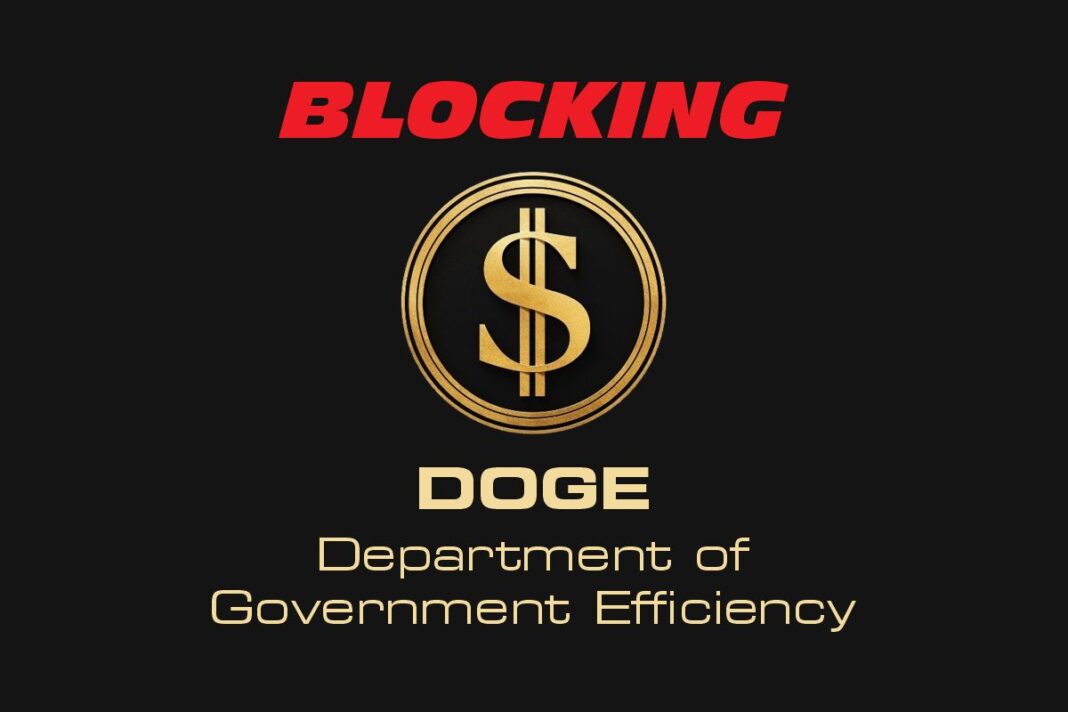A judge has upheld DOGE’s authority to access data at three federal agencies.
The Department of Government Efficiency (DOGE) can continue its de facto audit of certain executive agencies, according to a ruling Friday in the District of Columbia.
U.S. District Judge John Bates in Washington on Feb. 14 declined a request by unions and nonprofits for a temporary restraining order (TRO) to prevent the DOGE team from gaining access to records at the Department of Labor, the Department of Health and Human Services, as well as the Consumer Financial Protection Bureau.
In denying the plaintiffs’ request for a restraining order, the judge noted that the plaintiffs failed to show a substantial likelihood of success on the merits of their claims, which centered on the idea that DOGE’s data access policies were illegal because they were implemented without proper rulemaking or legal authority.
The AFL-CIO and other unions argued that DOGE’s ability to access sensitive information systems at the three agencies violates the Privacy Act and the Administrative Procedure Act. They contended that the federal agencies were unlawfully granting DOGE-affiliated personnel access to sensitive records without legal authority, as DOGE does not qualify as an agency employee under the Privacy Act’s provisions governing interagency data sharing.
The plaintiffs also claimed that the Trump administration’s implementation of DOGE policies lacked proper regulatory approval, violating the Administrative Procedure Act.
Trump administration attorneys responded by arguing that DOGE personnel are legally authorized to access these records under the Economy Act, which allows agencies to “detail” employees to other federal departments. They further contended that DOGE’s structure aligns with other federal agencies that engage in interagency personnel transfers. However, they avoided explicitly classifying DOGE as an agency under other statutes such as the Privacy Act.
DOGE was formally established when Trump signed an executive order repurposing and redesignating the U.S. Digital Service as the U.S. DOGE Service to focus on reducing government waste and enhancing productivity. The order directs DOGE (referred to in the ruling by the acronym USDS) to collaborate with agencies to modernize the technology and software infrastructure of the federal government to increase efficiency and productivity as well as ensure data integrity.







